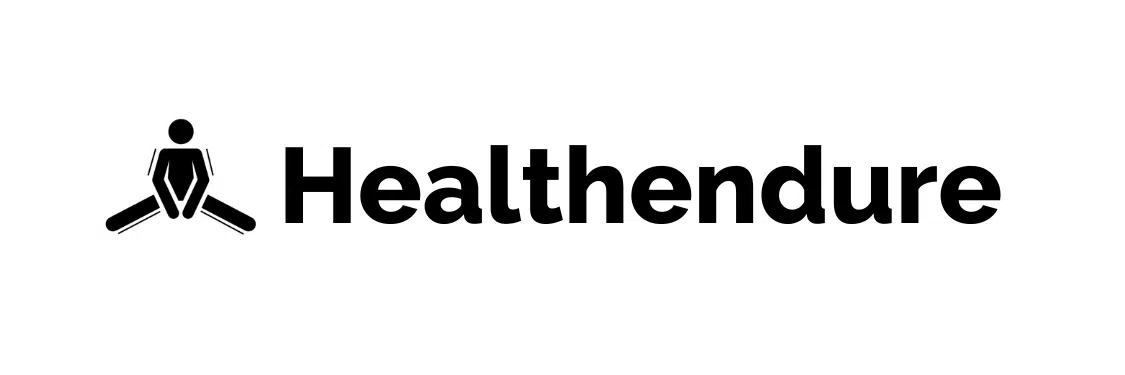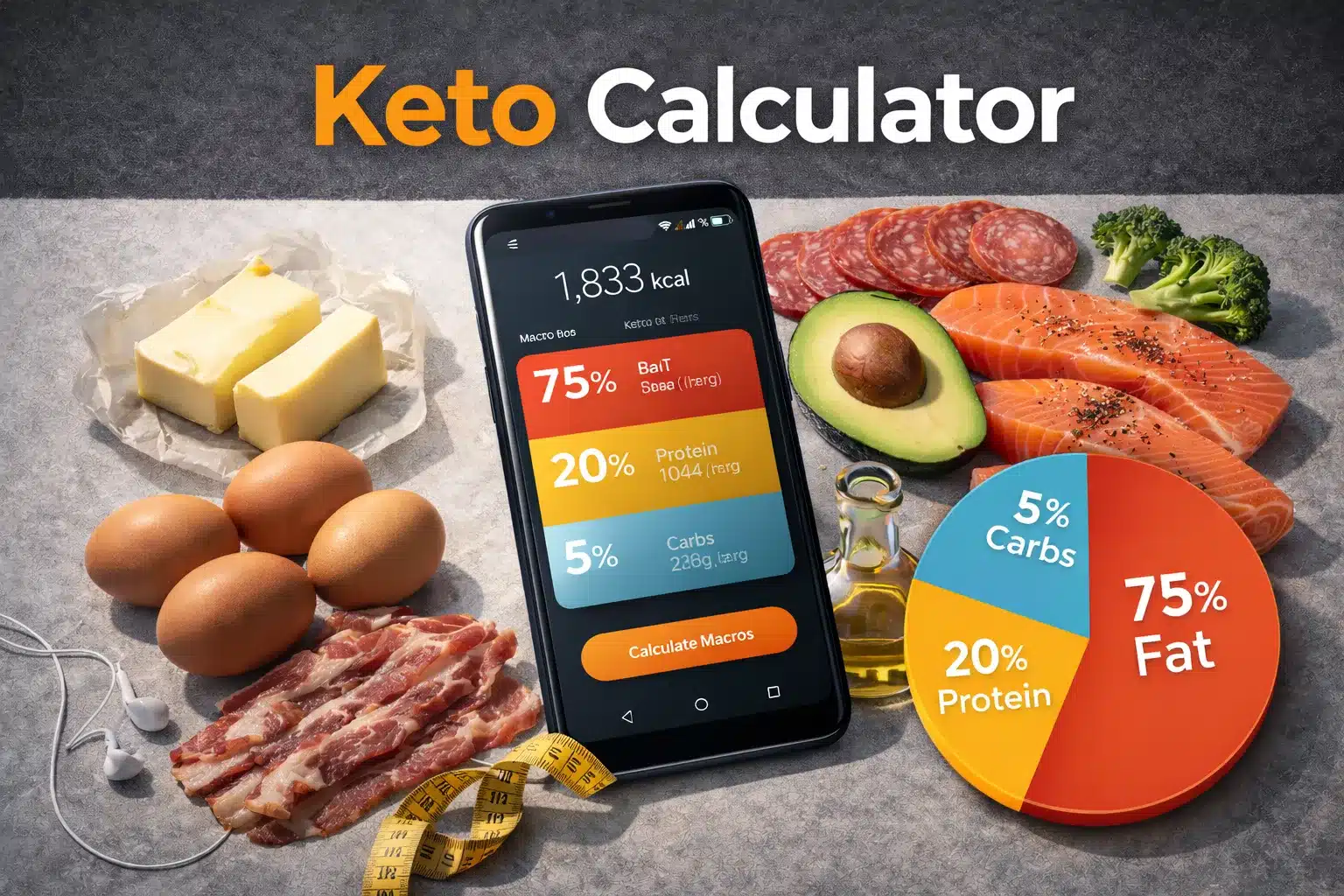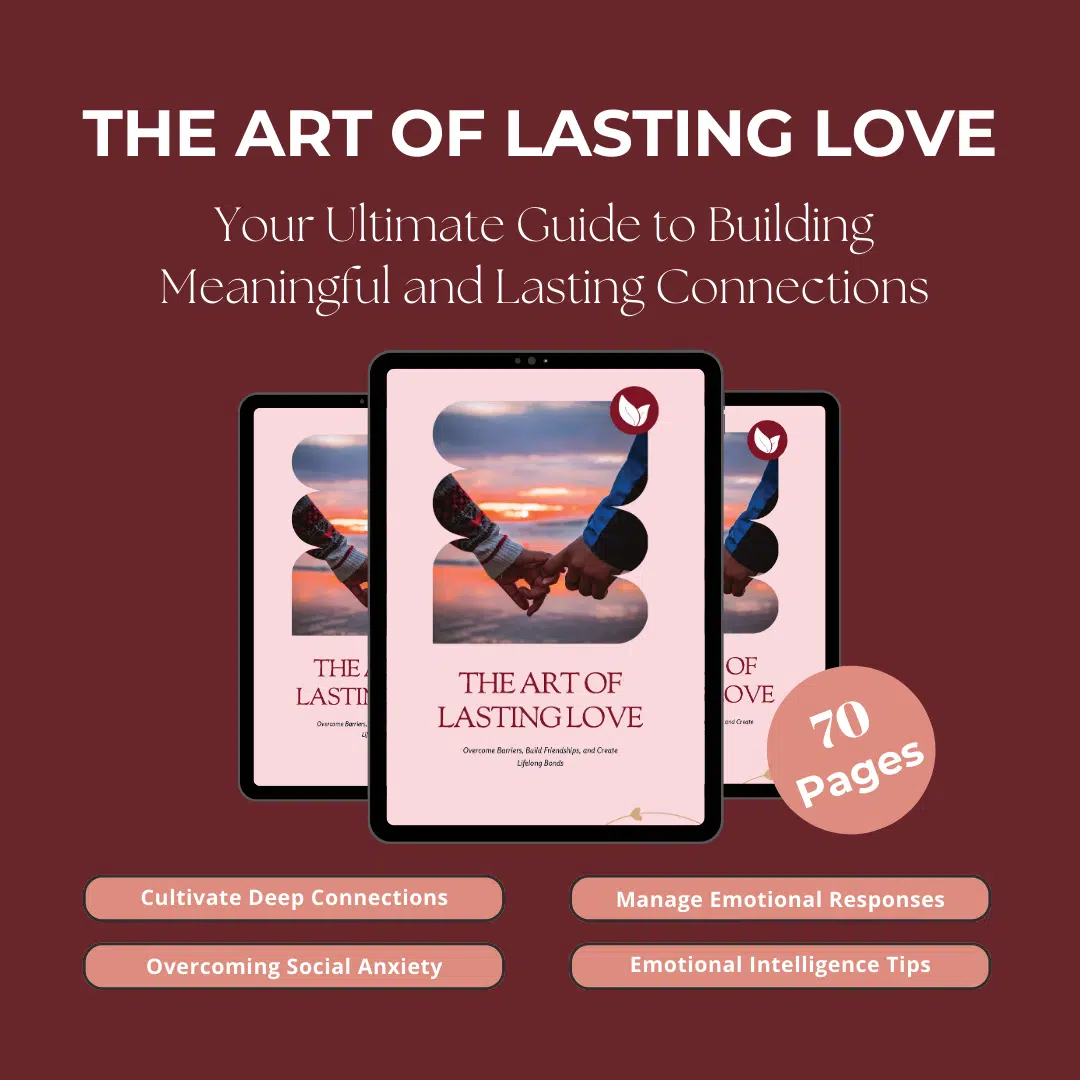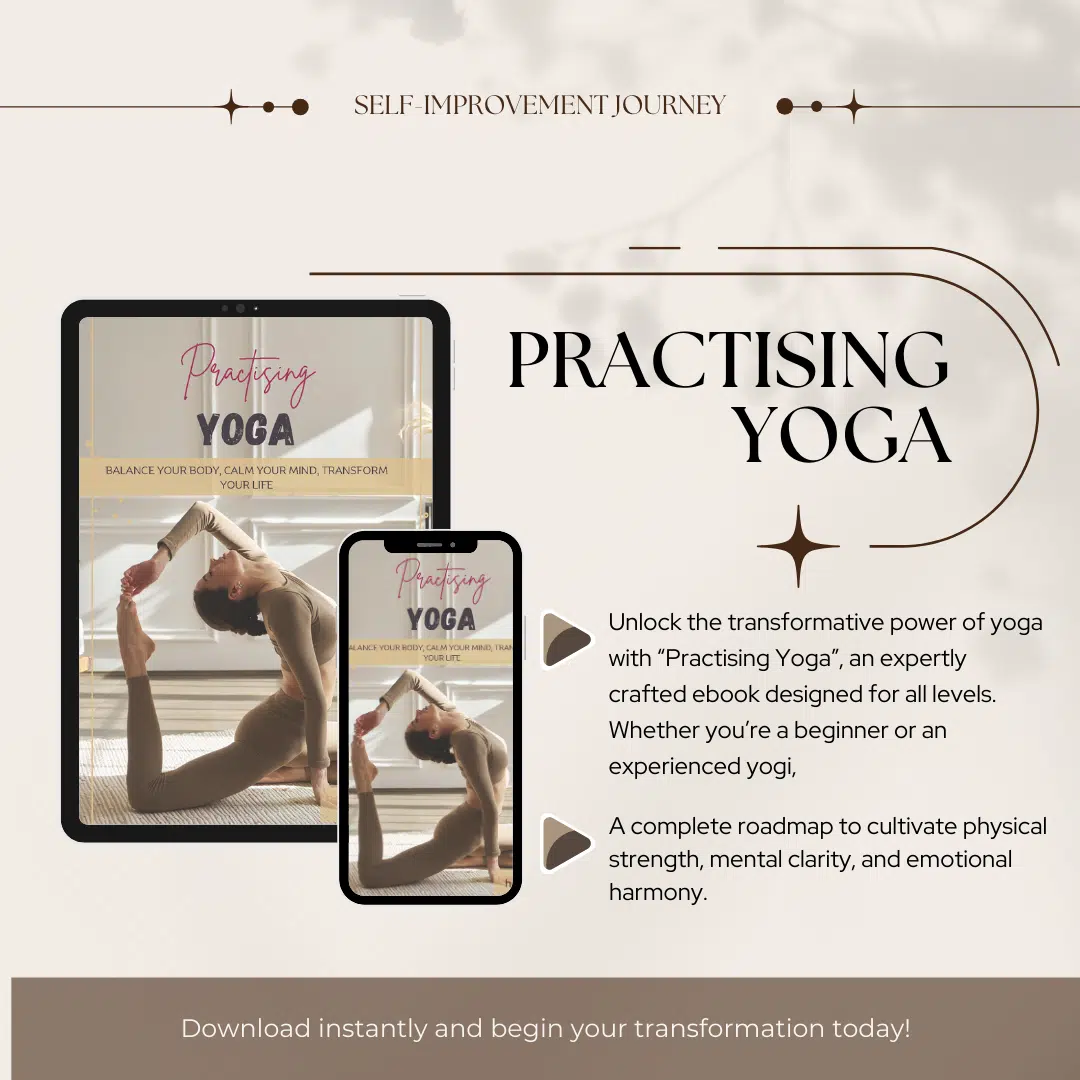Feeling like you’re running on fumes even after a full night’s sleep? That persistent exhaustion, known as fatigue, can cast a shadow over your daily life, impacting your work, relationships, and overall well-being. While the culprit behind weariness often seems elusive, high blood pressure, or hypertension, might be lurking in the background. While many blame high blood pressure for their fatigue, “Does High Blood Pressure Make You Tired?” explores the surprising truth behind this connection.
Let’s embark on a journey, health detectives, to explore the science behind the connection between high blood pressure and dizziness.
and delve into when that ever-present fatigue might signal something more serious.
Understanding Fatigue: Beyond Just Feeling Sleepy
Before diving into the blood pressure world, let’s differentiate between fatigue and the occasional post-lunch drowsiness. Fatigue is a persistent feeling of exhaustion that doesn’t improve with rest. It manifests physically as muscle weakness, lack of energy, and sleepiness, or mentally as difficulty concentrating and decreased motivation.
Imagine your body as a bustling city with intricate transportation networks. Blood vessels act as highways, carrying oxygen and nutrients to every corner. High blood pressure, like rush hour traffic, creates a bottleneck. The heart has to work overtime to pump blood against the increased pressure, and blood flow to vital organs, including the brain, can be hindered. This is where the fatigue connection emerges.
What Is Normal Blood Pressure?
Blood pressure is a measure of the force your heart exerts on your arteries as it pumps blood throughout your body. A blood pressure reading consists of two numbers:
- Systolic pressure: The top number, which measures the pressure in your arteries when your heart beats.
- Diastolic pressure: The bottom number, which measures the pressure in your arteries when your heart rests between beats.
Normal blood pressure is typically considered to be below 120/80 mmHg. It allows blood to flow smoothly through your body, delivering vital oxygen and nutrients to every cell. In high blood pressure, the force exerted by blood against artery walls increases consistently, exceeding this healthy range. However, it’s essential to remember that blood pressure can vary based on age, physical activity, and overall health.
High blood pressure (hypertension) is classified into stages:
- Elevated: Systolic pressure is between 120-129 mmHg, and diastolic pressure is less than 80 mmHg.
- Stage 1: Systolic pressure is between 130-139 mmHg, or diastolic pressure is between 80-89 mmHg.
- Stage 2: Systolic pressure is 140 mmHg or higher, or diastolic pressure is 90 mmHg or higher.
Hypertensive crisis: A blood pressure reading above 180/120 mmHg requires immediate medical attention.
Note: These guidelines are general, and it’s crucial to consult with a healthcare professional for personalized blood pressure management.
Intricate The Link: Why Does High Blood Pressure Make You Tired?
Does high blood pressure make you tired? Explore the link between hypertension and tiredness, and discover strategies for managing both effectively. While not everyone with high blood pressure experiences fatigue, the link between high blood pressure and dizziness is undeniable. Here’s a deeper look at how it plays out:
Reduced Blood Flow to the Brain
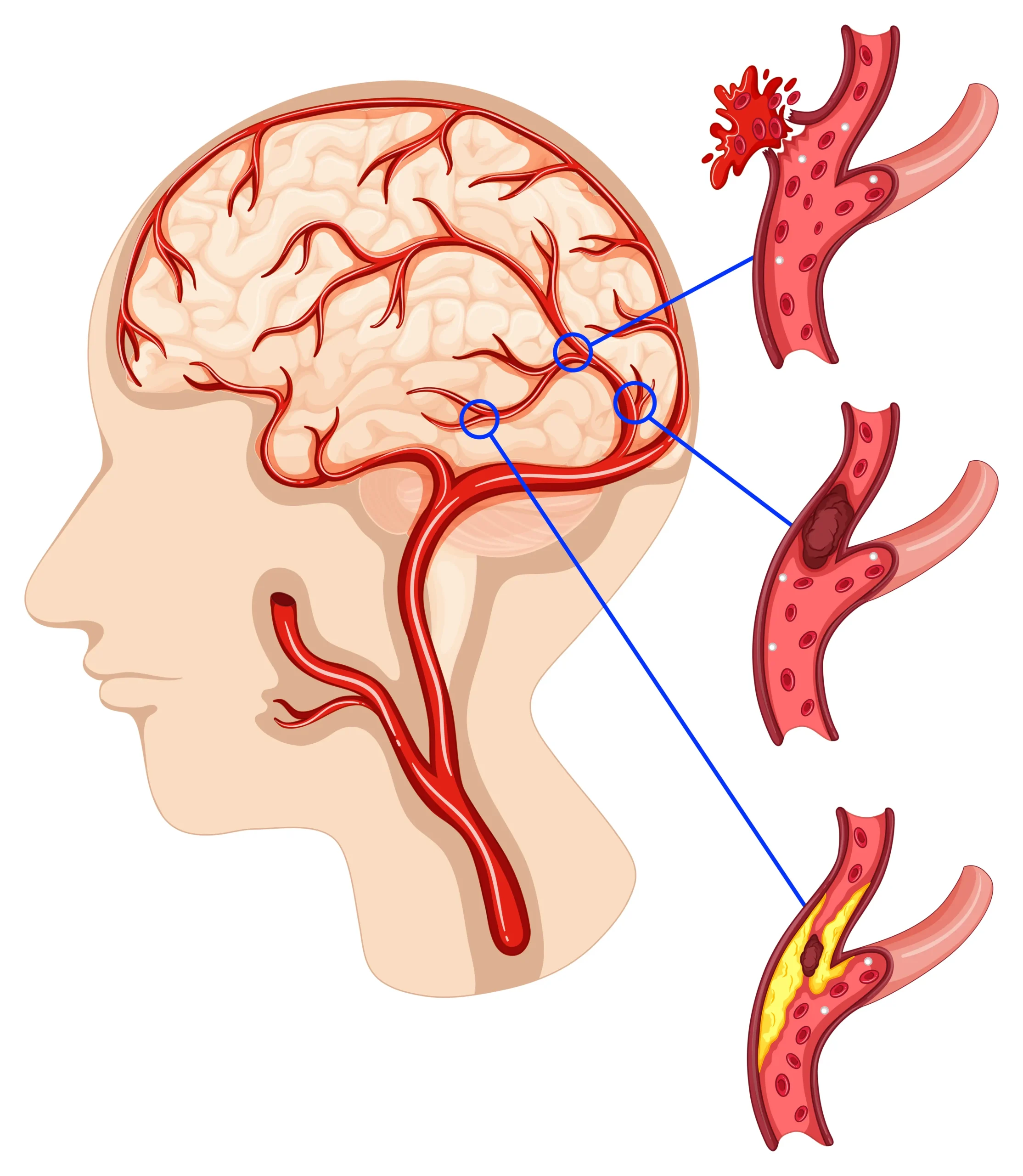
When blood struggles to reach your brain, its ability to function optimally is compromised, leading to feelings of sluggishness, difficulty concentrating, and even brain fog.
According to a recent study, individuals who suffer from Chronic Fatigue Syndrome display a noticeable decline in cerebral blood flow. This finding suggests that the condition may be associated with reduced brain activity, which could help explain the persistent fatigue and cognitive impairment experienced by those with the illness.
Sleep Apnea Connection
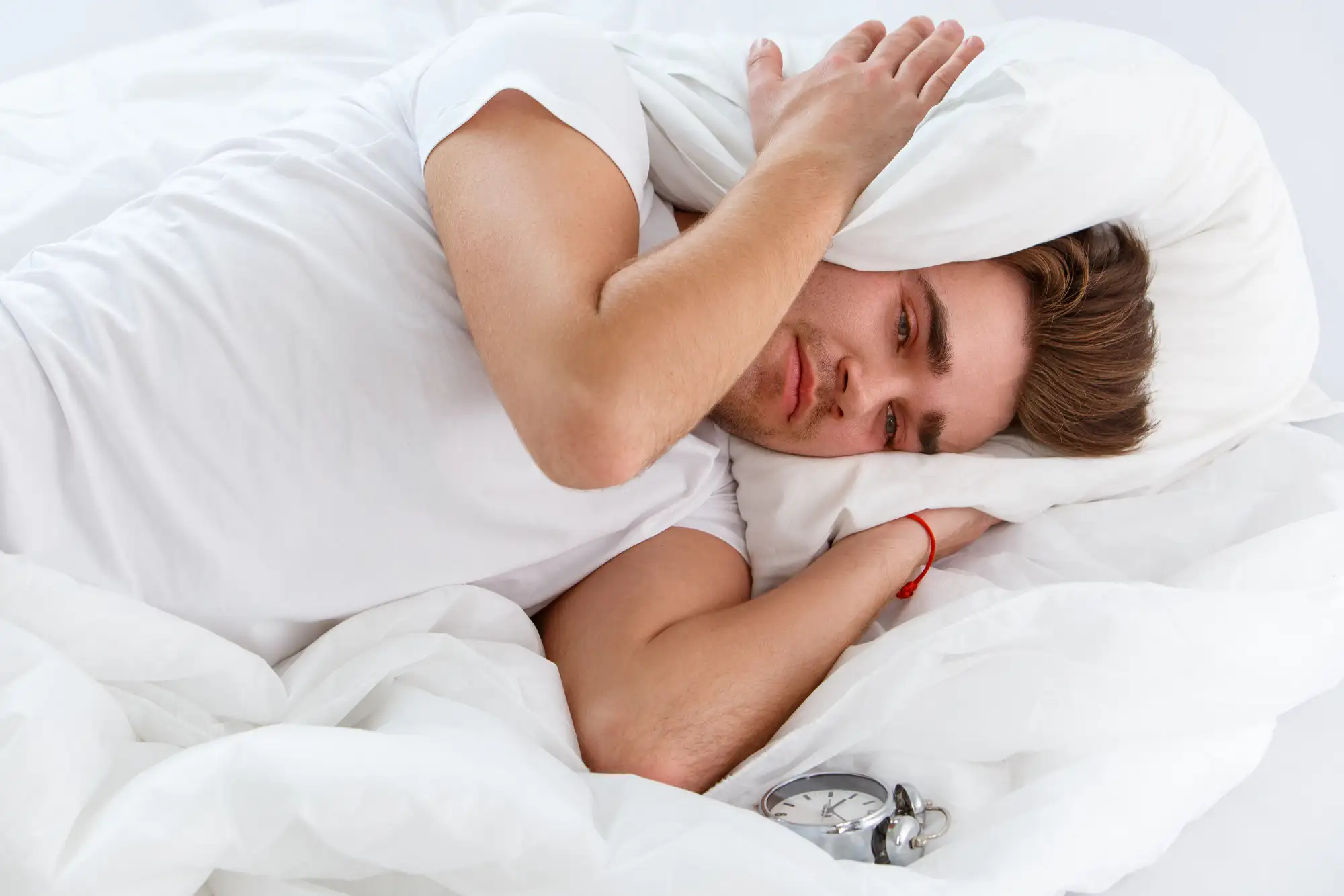
High blood pressure increases your risk of sleep apnea, a condition where your breathing repeatedly stops and starts during sleep. This fragmented sleep further amplifies fatigue.
A study unveiled that primary risk factors for Obstructive Sleep Apnea (OSA) include obesity, male gender, increasing age, and heightened blood pressure. OSA emerges as a potential contributor to resistant hypertension.
Medication Side Effects
Some medications used to control high blood pressure can list fatigue as a side effect. Talk to your doctor if you experience this.
Stress and Anxiety

High blood pressure often goes hand-in-hand with stress and anxiety, both of which can contribute to fatigue, creating a vicious cycle.
The study highlights that fatigue can be linked to stress, alongside a broad spectrum of medical problems and decompensation processes associated with underlying diseases.
Does High Blood Pressure Make You Tired Always? Learn Other Culprits of Fatigue
Before pointing the finger directly at your blood pressure, remember that fatigue has many potential causes. Here are some common suspects:
Sleep Disorders
Insomnia, sleep apnea, and restless leg syndrome can significantly impact your energy levels.
Sleep is an essential process that goes beyond just resting. It plays a crucial role in maintaining our physical and mental health. However, sleep disorders are prevalent, affecting millions of people worldwide and causing negative consequences, such as fatigue and decreased energy levels.
Research findings indicate that subjective sleep disturbance is prevalent in Chronic Fatigue Syndrome (CFS), and some individuals with CFS may exhibit objective sleep disorders.
Anemia
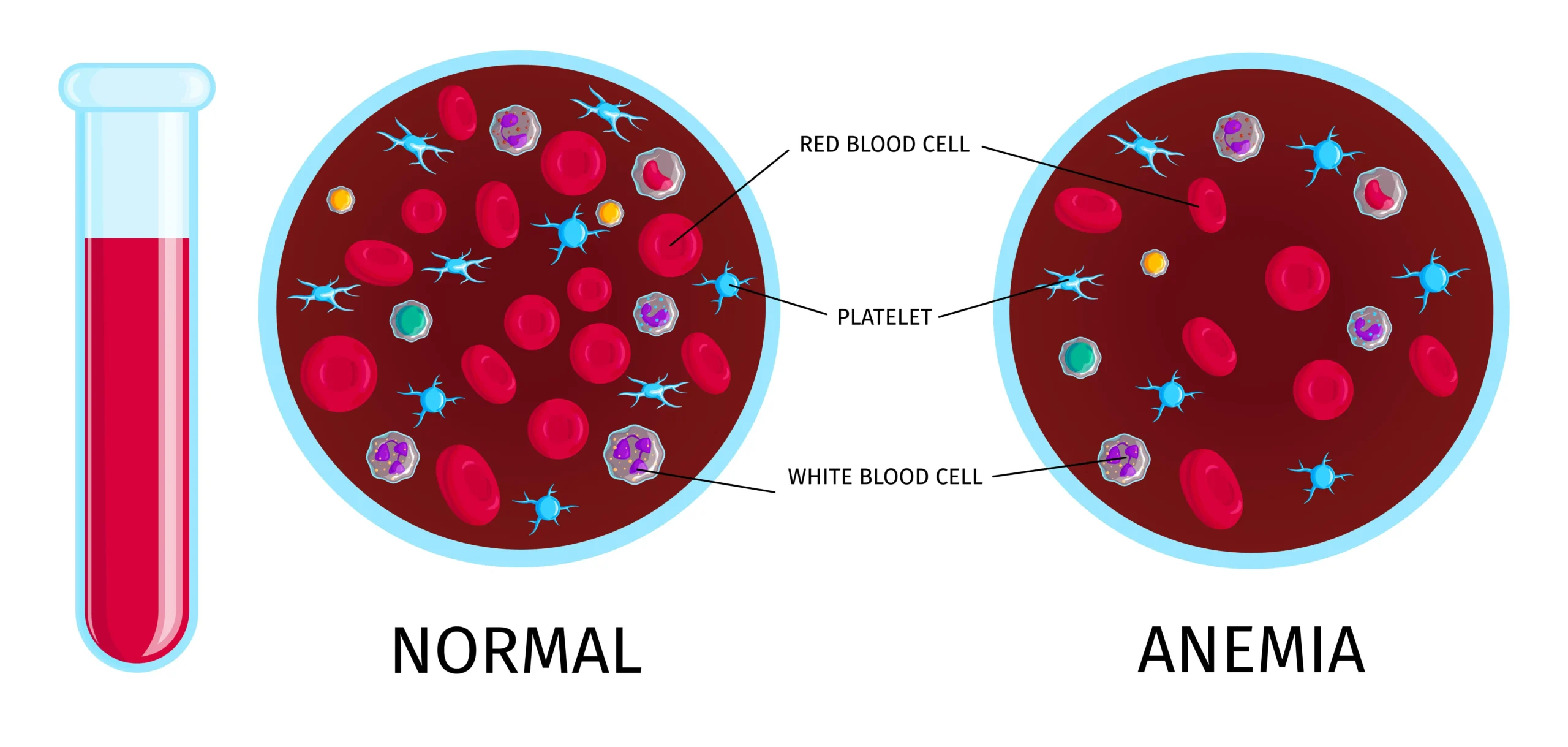
This condition, characterized by low red blood cell count, can lead to fatigue due to reduced oxygen delivery to tissues.
The research establishes a strong correlation between a minimum hemoglobin (Hb) level and fatigue during hospitalization. As such, it provides a reliable marker for identifying patients who could benefit from targeted interventions aimed at addressing anemia-related fatigue.
Thyroid Issues

An underactive thyroid (hypothyroidism) can slow down your metabolism and leave you feeling drained.
Research indicates that hypothyroid myopathy arises when the thyroid gland fails to produce sufficient thyroid hormones. The diminished levels of thyroid hormones impact the body’s metabolism, particularly the metabolism of muscles, resulting in symptoms such as muscle weakness, fatigue, and other associated manifestations.
Dehydration
When your body lacks sufficient fluids, it can impair energy production and lead to fatigue.
The research asserted that in terms of mood state, the primary and most significant impacts of Fluid Deprivation (FD) pertained to sleep/wake parameters. These effects included heightened sleepiness and fatigue, reduced levels of vigor/activity and alertness, along with an increase in confusion.
Vitamin Deficiencies
The study indicated that megaloblastic anemia resulting from a deficiency in vitamin B12 can contribute to feelings of fatigue. Insufficient red blood cells to transport oxygen throughout the body can lead to pronounced tiredness.
Medications
Certain medications, such as antihistamines and antidepressants, can cause fatigue as a side effect.
When to Raise the Alarm and See Your Doctor
While occasional fatigue is a normal part of life, persistent tiredness, especially when accompanied by other symptoms like:
-
Headaches
-
Dizziness
-
Shortness of breath
-
Chest pain
-
Difficulty sleeping
-
Changes in urination
warrants a visit to your doctor. Early diagnosis and management of high blood pressure are crucial for preventing serious complications like heart disease, stroke, and kidney damage.
Manage Fatigue and High Blood Pressure for Better Health
The good news is that both fatigue and high blood pressure can be managed effectively. Here are some lifestyle changes that pack a powerful punch:
Embrace a Healthy Diet
Choose fruits, vegetables, whole grains, and lean protein while limiting processed foods, saturated fats, and added sugars. Nourish your body with foods that provide sustainable energy.
The findings from the Dietary Approaches to Stop Hypertension (DASH) trial demonstrate that adopting a diet abundant in fruits, vegetables, and low-fat dairy products, while minimizing total and saturated fat, cholesterol, and sugar-sweetened items, successfully reduces blood pressure in individuals with prehypertension and stage I hypertension.
Move Your Body Regularly
Aim for at least 30 minutes of moderate-intensity exercise most days of the week. Physical activity increases blood flow, improves sleep quality, and boosts energy levels.
Research indicates that incorporating aerobic exercise into the treatment plan enhances blood pressure control in individuals undergoing pharmacological treatment. It is crucial to ensure that the exercise intensity ranges from moderate to vigorous and that the duration is sustained for at least three to four months.
Manage Stress
Practice relaxation techniques like mindfulness meditation, deep breathing exercises, and yoga. Stress reduction can work wonders for both your physical and mental well-being.
Studies indicate that participating in mindfulness meditation (MM) leads to well-regulated blood pressure and positive improvements in other symptoms that may contribute to the onset of acute coronary diseases.
Maintain a Healthy Weight
Carrying excess weight can increase the workload and strain on your heart, leading to a higher risk of developing high blood pressure. It is important to strive for a healthy weight that is appropriate for your body type to reduce the burden on your cardiovascular system and promote overall well-being.
Conclusion
Feeling consistently drained can steal the joy from your daily life. However, the journey towards reclaiming your energy and living a vibrant life free from the limitations of fatigue and hypertension starts with understanding the connections and taking charge of your health.
While this exploration has shed light on the potential link between high blood pressure and fatigue, “Does High Blood Pressure Make You Tired?” isn’t the only question to consider. Numerous other factors, like sleep apnea, stress, and medication side effects, can contribute to weariness.
This comprehensive approach empowers you to address the root cause of your fatigue and not just a potential symptom. Remember, a healthcare professional can provide personalized guidance to help you achieve optimal health and well-being. Don’t let fatigue hold you back – take the first step towards a more energetic and fulfilling life!
Resources:
For further reading and resources on high blood pressure and fatigue, visit the websites of the American Heart Association and the National Heart, Lung, and Blood Institute.
Disclaimer:
Remember, this blog post is for informational purposes only and does not substitute for professional medical advice. Always consult your doctor with any health concerns you may have.
